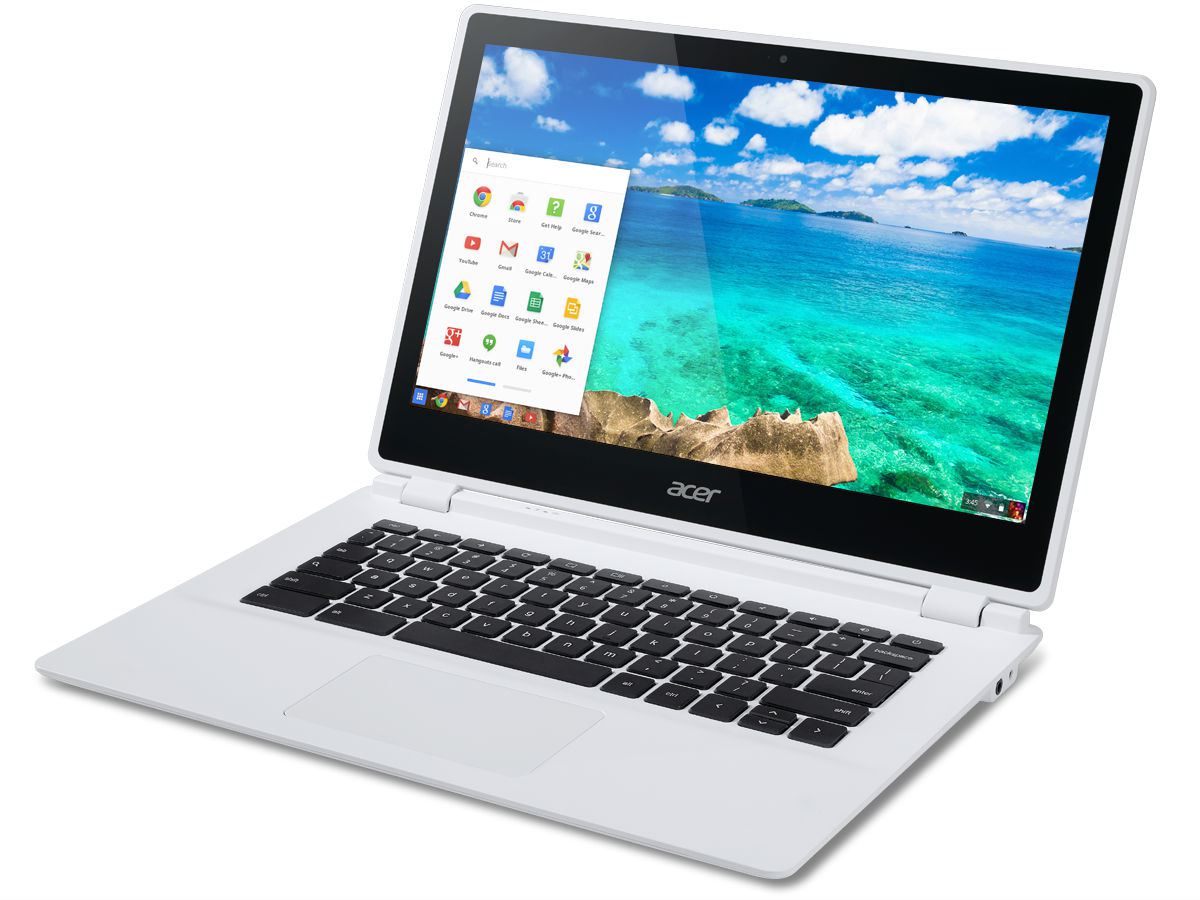Android’s VP Of Engineering Will Also Run Chrome OS Engineering
Back in 2009, Sergei Brin, Google's co-founder, said that Android and ChromeOS were likely to "converge over time." Last year, Google appointed Sundar Pichai, the head of Chrome, to also lead Android, instead of Andy Rubin. That was a clear sign that the Chrome OS and Android merger will begin soon after that.
At Google I/O this year, Google showed the first such major integration: Android apps that run inside Chrome OS. Today, new information points to a tighter integration between Android and Chrome OS – Hiroshi Lockheimer, Android's VP of Engineering, will now also oversee the engineering of Chrome OS.
Having just one man in charge of both operating systems is important for the vision of a unified product. The only reason Google appointed a single person to head Android and Chrome to begin with, and now a single person to lead the engineering of both Chrome OS and Android, is because the company must want the two products to become one at some point in the future.
Merging the two operating systems would not only make third-party developers' jobs easier, but it would also give those developers a much larger platform on which to put their apps, which means higher revenue for them.
Google has kept Android mostly for smartphones and tablets so far and Chrome OS for PCs, but that has started to change. Android is expanding to wearables with Android Wear and to cars with Android Auto. PC OEMs have tried to put Android on notebooks before, but without a clear vision from Google for how that should work, Android on PCs has failed to catch on.
Chromebooks, on the other hand, while still having only 2 percent PC market share worldwide, according to Strategy Analytics, is rapidly growing. Google could try to optimize Android for PCs properly, but it seems the company has chosen instead to enhance Chrome OS with Android apps.
Chrome OS is already optimized for PCs, it's secure, and perhaps more importantly, it's fully controlled by Google. Only Google can modify the interface of Chrome OS, and only Google can update all existing Chromebooks. This is a model that Google has failed to apply to mobile devices, where the manufacturers of the devices get to control how the software looks and when or if they can be updated.
Get Tom's Hardware's best news and in-depth reviews, straight to your inbox.
An Android-enhanced Chrome OS could attract developers of more advanced applications that you typically see on operating systems such as Windows, Mac OS X or Linux to develop such native apps for Android and Chrome OS. That could help Chrome OS become a more serious competitor to those desktop operating systems, especially because over a billion people already know how to use Chrome, the browser, and Android. For a user, a move from a mobile device to a PC that runs that same operating system could become only a small step in the future.
Follow Kevin Parrish @exfileme. Follow us @tomshardware, on Facebook and on Google+.
Lucian Armasu is a Contributing Writer for Tom's Hardware US. He covers software news and the issues surrounding privacy and security.
